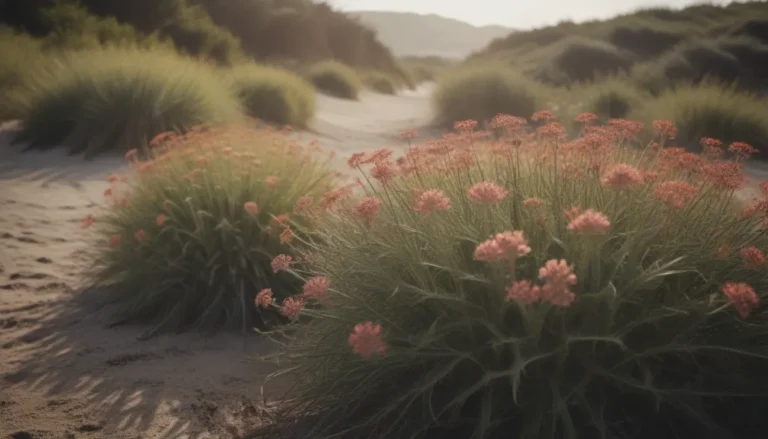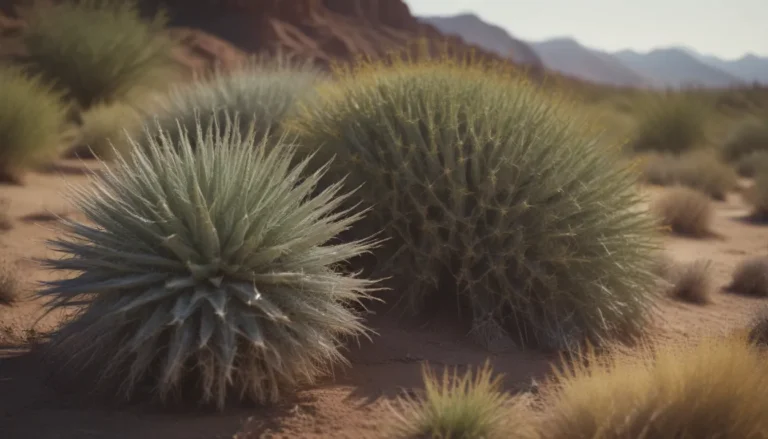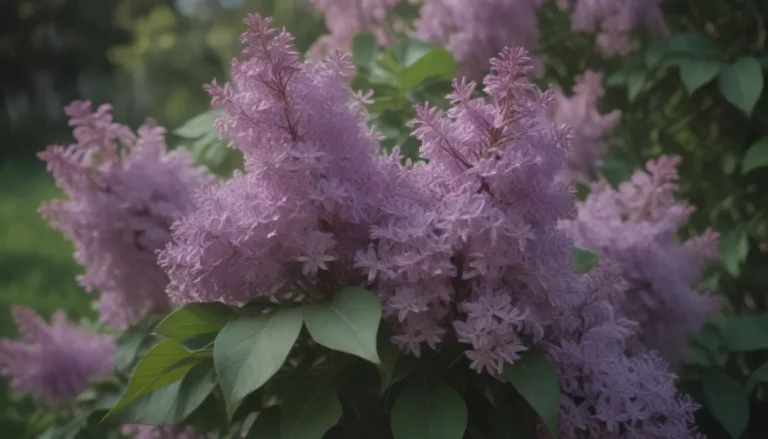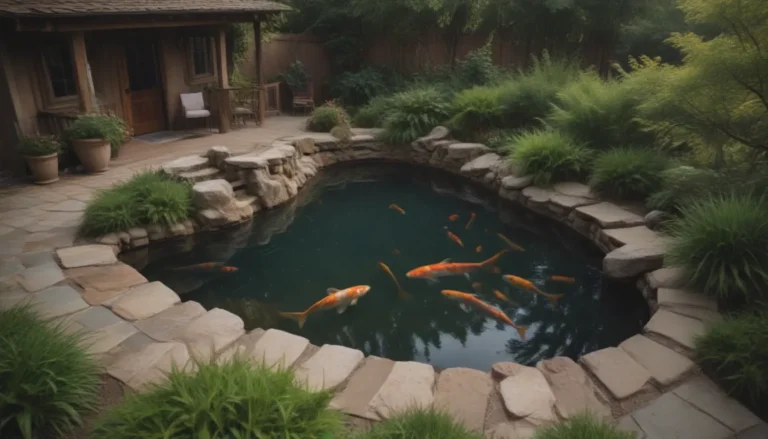Connecting with Nature: The Benefits of Talking to Your Plants
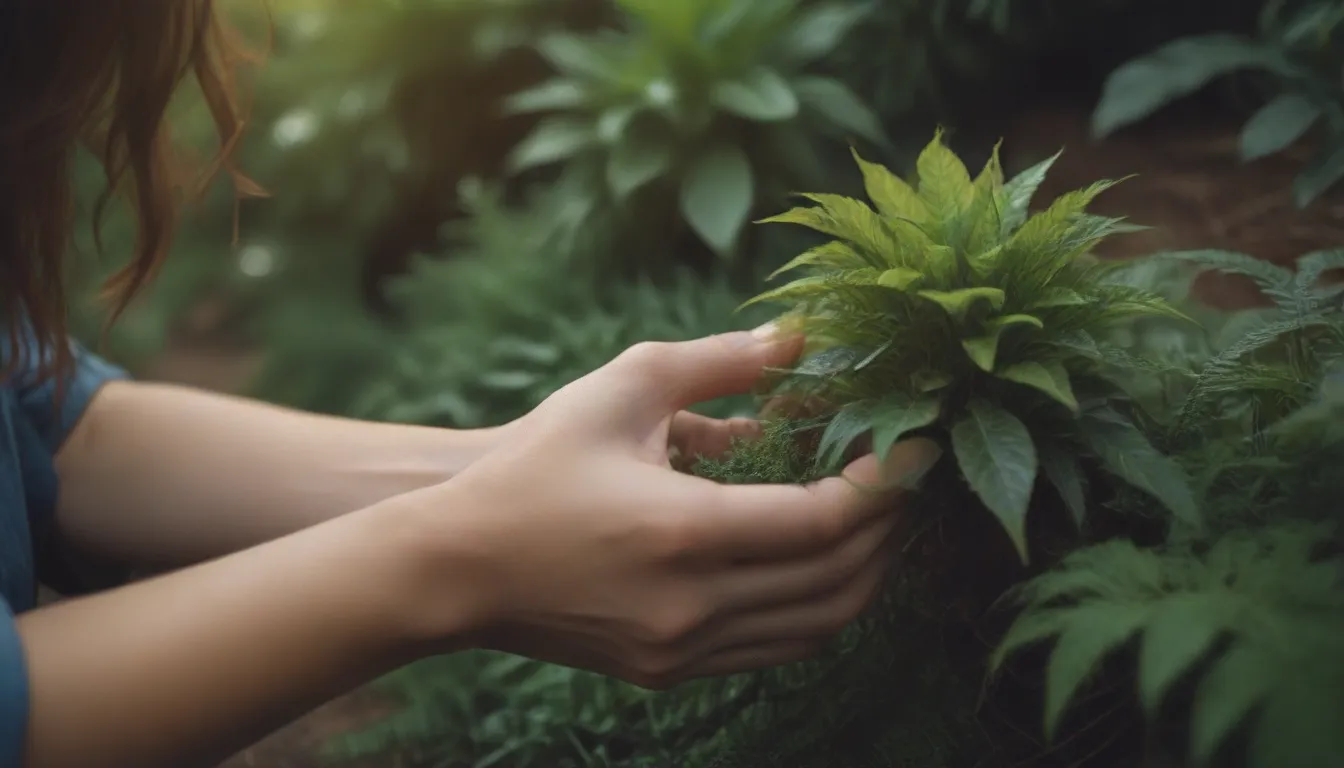
Have you ever felt like your houseplants just needed a little extra love and attention to thrive? Well, according to a study conducted by the Royal Horticultural Society, it turns out that talking to your plants can actually help them grow faster. Yes, you read that right – your leafy friends may just enjoy a good conversation!
The Royal Horticultural Society Study
During the month-long study, researchers at the Royal Horticultural Society enlisted the help of 10 people to read to tomato plants. Each person read from either literary or scientific works, and the recordings were played to specific tomato plants through headphones. The researchers paid close attention to the plants’ growth throughout the study period.
Surprisingly, the results showed that plants responded better to the sound of a female voice compared to a male voice. The plants that listened to the female voices grew an average of an inch taller than those that heard male voices. In fact, the plant that showed the most growth was the one that listened to Sarah Darwin, the great-great-granddaughter of Charles Darwin, reading from “On the Origin of Species.”
Why Does Talking to Plants Work?
Researchers were initially expecting the male voice to have a more significant impact on plant growth, but the results proved otherwise. They attributed the plants’ response to the female voice to factors such as women’s greater range of pitch and tone, which could affect the sound waves that hit the plants. The study highlighted that environmental factors, including sound, play a crucial role in plant growth.
While the exact mechanism behind why plants respond to human voices remains elusive, various studies and theories support the notion that plants can react to sound stimuli. For instance, a study published in the Frontiers in Plant Science journal suggested that plants can have physiological reactions to sound. The idea that plants can sense and respond to their environment goes beyond just chemicals triggers.
Tips for Talking to Your Plants
Now that you know the positive impact talking to your plants can have, here are a few tips to help you get the most out of your conversations:
Speak Clearly and Positively
- Use clear and positive language when talking to your plants. Avoid negative or harsh tones, as plants may respond better to kind words and encouragement.
Vary Your Conversations
- Try reading different genres of literature or sharing stories with your plants. They may appreciate the diversity in your conversations.
Consistency is Key
- Make talking to your plants a regular habit. Consistent communication can help create a sense of familiarity and comfort for your leafy companions.
Monitor Growth
- Keep track of your plants’ growth as you continue to talk to them. Note any changes or improvements in their development to see the impact of your conversations.
Additional Studies and Findings
The Royal Horticultural Society study is not the only research that highlights the relationship between sound and plant growth. Other studies and findings have explored the intriguing connection further:
- Alleyene, Richard. Women’s Voices Make Plants Grow Faster Finds Royal Horticultural Society. This study also supported the idea that plants respond better to female voices.
- MythBusters Episode 23. Exploding House. While perhaps not directly related to plant growth, this popular show has explored various myths and phenomena that pique curiosity.
- Jung, Jihye et al. Beyond Chemical Triggers: Evidence for Sound-Evoked Physiological Reactions in Plants. This study delves into the physiological reactions that plants may have to sound stimuli.
- Kiss, John Z. Up, Down, and All Around: How Plants Sense and Respond to Environmental Stimuli. Exploring how plants sense and respond to various environmental factors can provide valuable insights into their growth patterns.
The research in this field continues to evolve, shedding light on the fascinating ways in which plants interact with their surroundings.
Cultivating a Greener Connection
Incorporating simple practices like talking to your plants can not only benefit their growth but also enhance your overall connection with nature. By fostering a deeper appreciation for the natural world around us, we can nurture a greener, more sustainable future. So, go ahead, strike up a conversation with your leafy companions, and watch them flourish under your care and attention!
